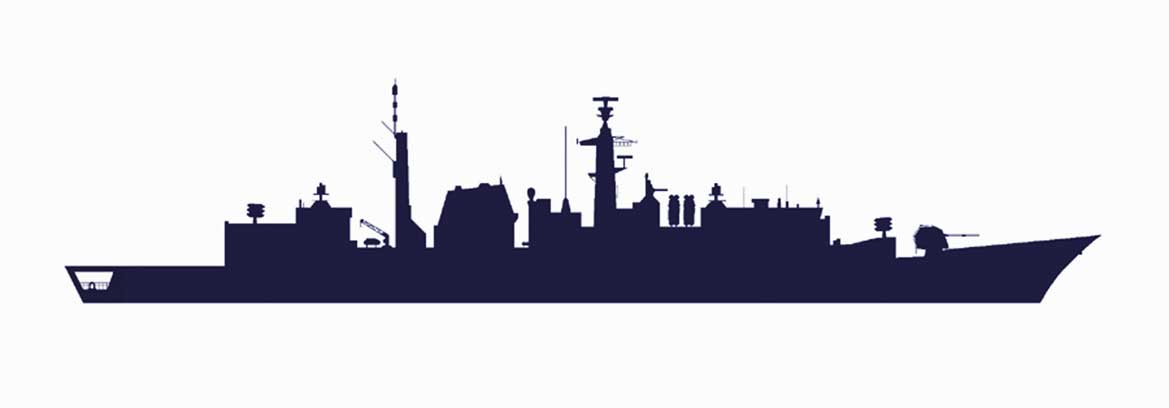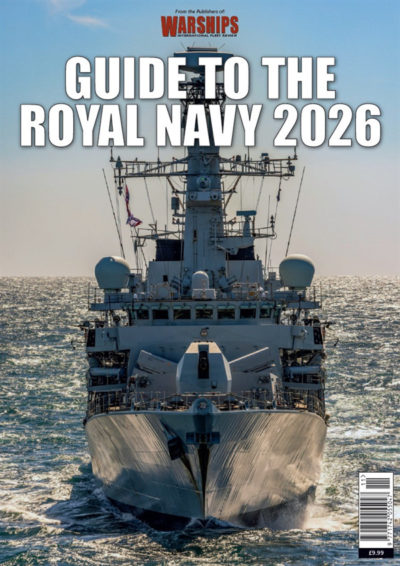COMMENTARY SPECIAL
Opinion Odin’s Eye
The changes in UK Ministry of Defence (MoD) management proposed by the Defence Reform Review are welcome if they achieve fielding of more front line warships, and quickly, while allowing the leadership of the Royal Navy to deploy the mix of capabilities that suits the proper defence of the United Kingdom and its interests world-wide. However, if the effect is to allow politicians who show no inkling of understanding maritime defence, to impose insane further cuts in the critical mass of the frigate and destroyer force, slash away the amphibious warfare capability or discard 3 Commando Brigade Royal Marines entirely, then the so-called reforms will be a travesty. Furthermore, if the decision to allow only the Chief of the Defence Staff (CDS) to sit on the Defence Board – and not the three service chiefs, too – results in the kind of partisan behaviour displayed by some recent incumbents of that post, to steam-roller through procurement programmes or reforms that favour the service of that particular CDS, then, again, it will be a gigantic error.
That the Secretary of State for Defence was excluded from the Defence Board was a serious flaw in the system, especially when he, or she, is responsible to the electorate for the proper stewardship of defence. A means for the individual service chiefs to educate the relevant Secretary of State in the particular capabilities of their branch of the armed forces, and the vital role played by each, is essential, and will be more urgent than ever following the reforms. The sort of ‘military advice’ so often cited by politicians as being responsible for the disgraceful decision to discard the UK’s current strike carrier capability was a prime example of so-called objective judgment by senior officers being no more than a Trojan horse to serve one single service. History will judge the Prime Minister to have been conned, and his refusal to admit he made a gigantic error in the face of clear combat lessons offered by Libya is not befitting of the UK’s leader. Conflating the need for defence reform – to cure the epic mismanagement of procurement – with ensuring the right capabilities on the front line today, undermines national security rather than reinforcing it. It’s no good talking about ‘Force 2020’, if there is no ‘Force 2011 – 2019’ fit for purpose. The criticism by the UK’s political leaders of service chiefs for speaking up on behalf of their over-stretched forces is also lacking in grace and wisdom. What is needed in government circles is a willingness among ministers to actually listen to the men and women charged with running the military. We do not include Dr Fox in this, but there are politicians and so-called experts who seem determined to keep their ears closed to advice. They appear uninterested in treating the subject of defence seriously. They are the bulls in the MoD china shop, not the defence chiefs. Mr Cameron and Dr Fox need to rein in those loose cannons before they start insulting top officers by accusing them of risking lives by expressing concerns in public that it seemed government was not interested in hearing in private. Such is fanatical ‘soft power’ ideology of the Con-Dems who have often seemed arrogantly dismissive of anyone who does not suit their political needs. No doubt the Prime Minister would listen if the service chiefs used their prerogatives to see him in private but he shouldn’t really go around telling off men who risked their lives in the Cold War and other conflicts like he is an arrogant Head Prefect and they are naughty fifth formers.
Nor should Dr Fox claim the service chiefs are guilty of loose lips. That is far from the case – it takes a lot to loosen the stiff upper lip of admirals who have faced down the Argentinean missile threat or taken on the Soviets in risky encounters under the sea. Their experiences are full of wisdom the politicians should draw on, not turn off.









Comments
Sorry, comments are closed for this item